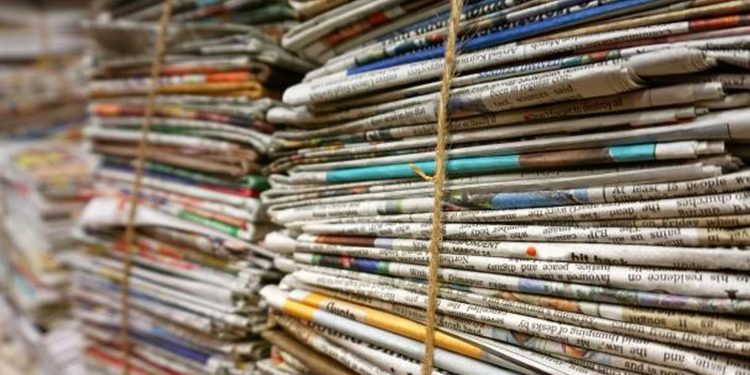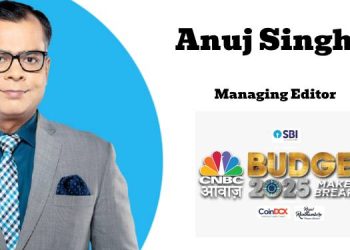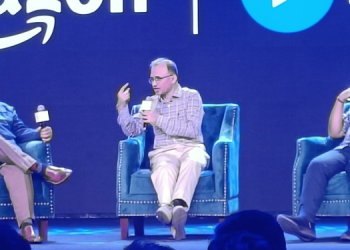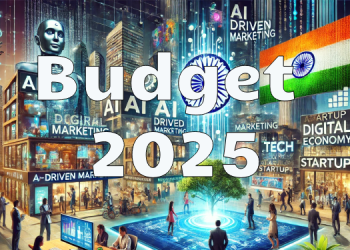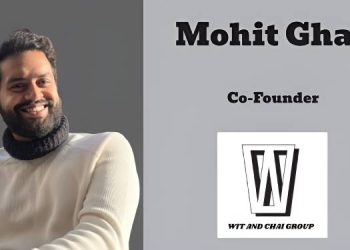Mumbai: Three big newspaper groups, which have a combined monthly readership of more than 26 million, stated that they are being starved of government ads worth millions of rupees.
According to Reuters, government has cut off advertisements to major newspaper groups Times of India, The Hindu and Telegraph in a likely retaliation for unfavorable reports.
Bennett, Coleman & Co that controls the country’s biggest English-language newspapers Times of India and The Economic Times, witnesses around 15% of advertising revenue coming from the government. The ads are mostly government tenders for contracts as well as publicising government schemes. On condition of anonymity a company executive has informed Reuters that there is a freeze in govt ads that could be because of some reports that are against the ruling establishment.
The ABP Group, which publishes ‘The Telegraph’ Newspaper, has seen a similar 15 percent drop in government advertisements for around six months. The Newspaper has run reports questioning Modi’s record on everything from national security to unemployment. It seems there had been no communication from the government for drop in advertisement bookings, and the company was looking to other sources to plug the gap. Reuters report quoted ABP official stating that they have been penalized for not toeing the line of govt.
Reuters also quoted that another newspaper group ‘The Hindu’ also saw government advertising plunge after publishing investigative stories on a multi-billion dollar deal to buy combat planes from France’s Dassault that strengthened an opposition campaign alleging government wrongdoing.
Satyendra Prakash, director general of the Bureau of Outreach and Communication, the agency responsible for advertisements from the federal government, did not reply to Reuters emails or phone calls seeking comment.
However, BJP’s spokesperson said there was ample criticism against the ruling party in newspapers and on TV news channels. “That’s testimony of freedom of speech.
It may be noted that India ranked 140th out of 180 in the 2019 World Press Freedom Index, lower than countries like Afghanistan, Myanmar and the Philippines. It ranked 80th out of 139 countries surveyed when the index was started in 2002.

